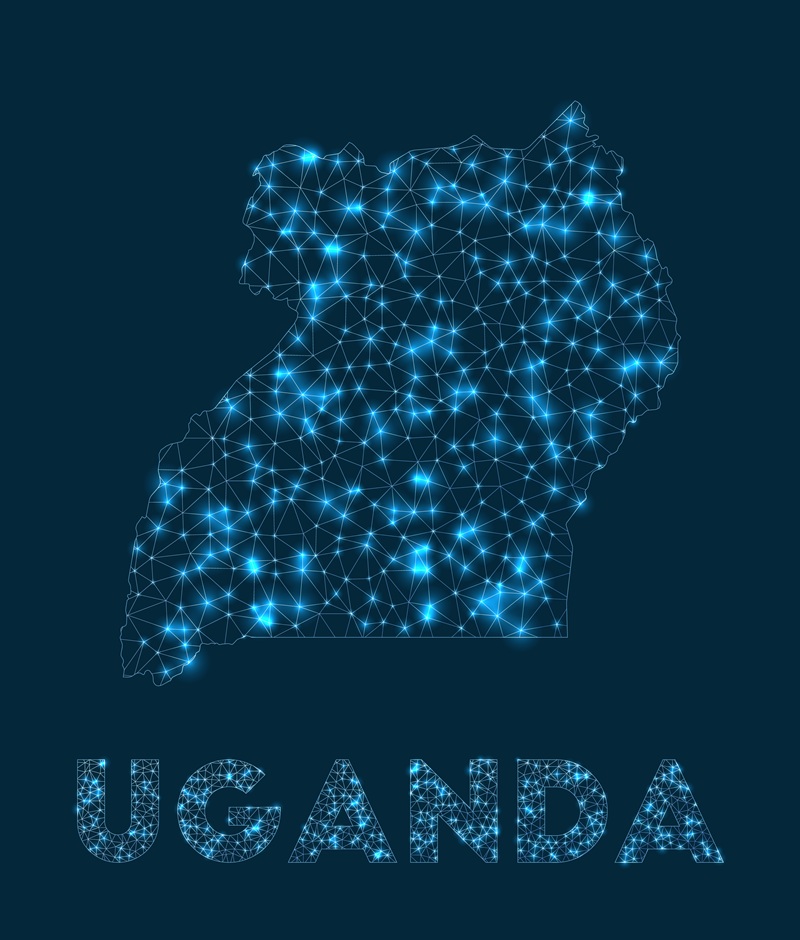Besides drumming up fascination on social media as people share photos and debate the “strange strings of lights in night’s sky,” satellites play a vital role in bringing connectivity to more than half of Africa’s 1.3 billion people who live in rural communities. This is because, despite Africa having come a long way in its connectivity journey, it still faces many challenges.
There is no one-size-fits-all solution to improving connectivity on the continent. Africa has tricky terrain and lower population density in large rural areas, making it more expensive to build traditional terrestrial networks. Factor in affordability, a shortage of digital skills, and a lack of devices, and you will understand why a range of different technologies and approaches are needed to meet the diverse needs of different regions and populations.
Satellite services have always driven connectivity in Africa. Over the past ten years, we’ve seen a huge number of advancements in the industry as a whole, with hundreds of billions of dollars spent on innovations such as the utilisation of multi-orbit satellites and the deployment of low-earth orbit (LEO) and medium-earth orbit (MEO) satellite constellations. These types of satellites orbit much closer to the Earth than their geostationary counterparts, so that they can offer much higher throughputs and speeds. That means users enjoy faster, lower latency connectivity, which is important for many reasons, with the ability to transition to digital and the benefits that bring being top of that list.
Across Africa, individuals, businesses, organisations, and governments now understand the value that digitalisation offers. While there has always been a need for connectivity, the increased desire of many to start their transformation journey has resulted in a spike in demand for solutions and a choice of connectivity options.
Satellite services are playing — and will continue to play — a vital role in supporting Africa’s growing digital economy, ensuring that no African is left behind. As more businesses and organisations move online and onto the cloud, enormous possibilities will open up for Africa. Access to digital tools and services will help them achieve greater efficiency, scalability, and innovation, which will drive growth and development across the continent.
Satellite services offer a cost-effective and scalable solution and are primed to fill the connectivity gap – providing coverage in areas where terrestrial services won’t reach. They can enable connectivity of outlying communities, schools, businesses, mines, and off-the-beaten-track tourist destinations, bringing the connectivity needed to compete in the global marketplace.
Satellites, for example, enable the gathering of earth observation data, which can be paired with new digital technologies such as IoT sensors to help answer some of Africa’s biggest challenges, such as illegal mining, deforestation and poaching. As a result, farmers in rural areas can connect to digital services that allow them to receive valuable and accurate information such as reliable weather forecasts, water availability, and crop development trends—ultimately helping them to increase crop yields, which, in turn, not only improve socio-economic growth in communities but also helps to provide food security.
Thanks to satellite connectivity, mines in remote areas can connect to their head offices in urban and international centres more efficiently, enabling real-time information sharing and decision-making. This connectivity further facilitates the running of operational cloud-based software and storing critical information safely in the cloud, allowing for business continuity if something happens onsite.
Governments, too, can benefit from satellite services. The African continent experiences many climate-change-related crises like droughts and floods that can have massive effects on the daily lives of a country’s people and take a significant toll on its economy. Access to Satellite Earth Observation data will allow for more robust and efficient disaster monitoring, management, and mitigation. Added to this is the ability to drop in high-speed internet services and temporty 4G and 5G networks as a part of the disaster relief efforts.
The role that satellite services can play in Africa’s journey to sustainable growth, inclusivity, and economic prosperity cannot be understated. When you combine the power of satellite technology and services with powerful cloud computing and analytical tools, you can democratise data innovation, enabling and empowering governments, businesses, communities, and individuals while uplifting entire continents in the process.





